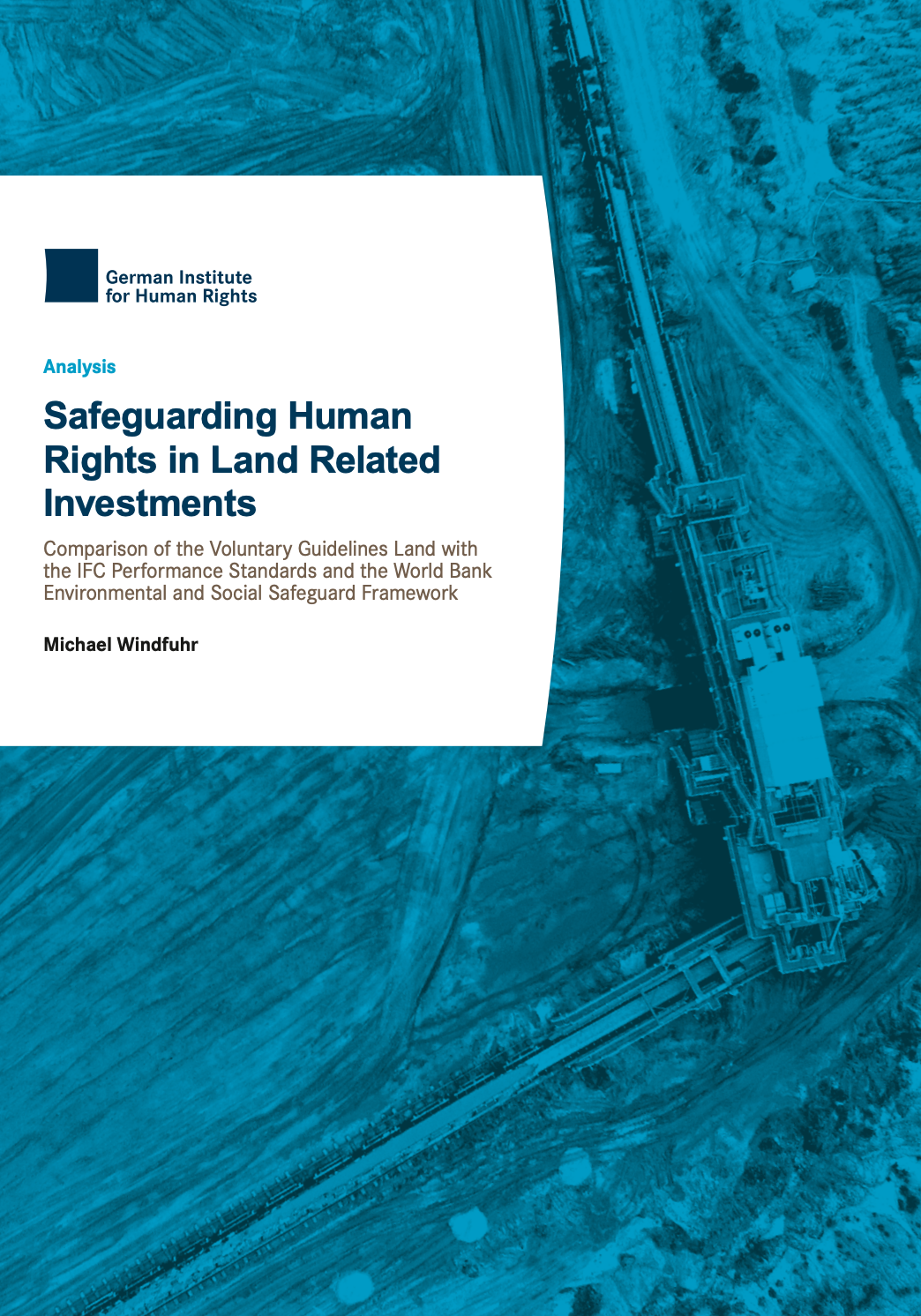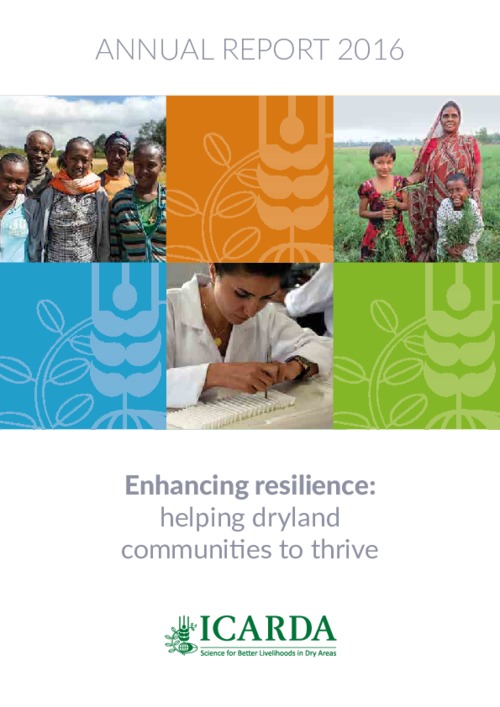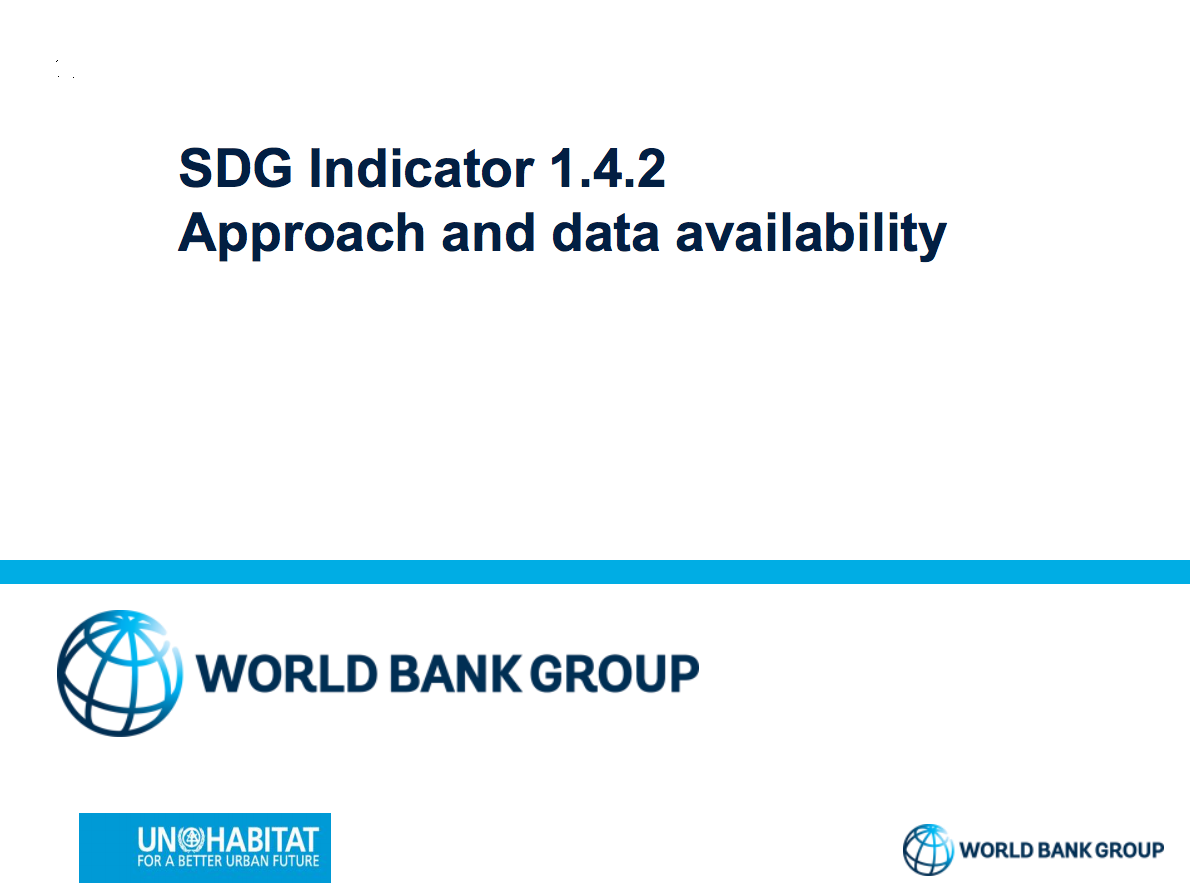Using the Tenure Guidelines for Action Research
A practical guide focusing on investigating accountability and accountability politics in the context of the current global rush for land and other natural resources. Purpose is to provide practical information to rural communities in Mali, Nigeria, Uganda and South Africa, that they can use in collective action and engagement strategies aimed at strengthening their tenure of land, fisheries and forest.









